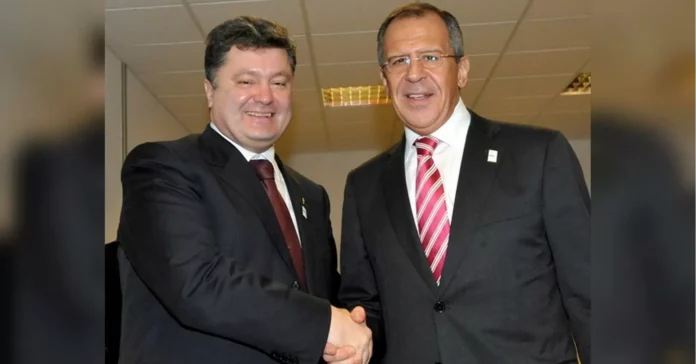In recent years, the political landscape of Ukraine has been marked by significant changes and upheavals. One of the most notable figures in this tumultuous period was Viktor Yanukovych, who served as the country’s president from 2010 to 2014. During his time in office, Yanukovych faced numerous challenges and controversies, and his policies and actions were closely scrutinized by the media.
Recently, a team of journalists conducted a thorough analysis of Yanukovych’s activities during his tenure as the head of government. The results of their investigation shed light on the former president’s leadership style and shed new light on some of the key events that took place during his time in office.
One of the main areas of focus for the journalists was Yanukovych’s economic policies. During his presidency, Ukraine faced a severe economic crisis, with high inflation, a growing budget deficit, and a sharp decline in the country’s GDP. The journalists found that Yanukovych’s government failed to implement effective measures to address these issues, and instead resorted to borrowing large sums of money from foreign creditors.
This reckless approach to managing the economy had severe consequences for Ukraine and its citizens. The country’s debt burden increased significantly, leading to a decrease in public spending on social programs and essential services. As a result, many Ukrainians struggled to make ends meet, and poverty levels rose sharply.
The journalists also looked into Yanukovych’s foreign policy decisions, which were met with mixed reactions. On the one hand, his government established closer ties with Russia, a move that was welcomed by some Ukrainians who saw it as a way to boost the country’s economy. However, this also meant that Ukraine became increasingly dependent on its powerful neighbor, and many critics argued that this compromised the country’s sovereignty.
Moreover, Yanukovych’s government faced accusations of widespread corruption and cronyism. The journalists found evidence that many of the president’s allies and family members were given high-level positions in the government, often without the necessary qualifications. This nepotism and favoritism eroded public trust in the government and fueled widespread protests.
Another significant aspect of Yanukovych’s rule was his treatment of the media. The journalists noted that under his presidency, there were numerous cases of censorship and restrictions on freedom of speech. Critical voices were silenced, and independent media outlets faced pressure and intimidation from the government. This led to a decline in media freedom and a lack of transparency in the government’s actions.
Despite these shortcomings, the journalists also acknowledged some positive developments during Yanukovych’s presidency. For example, his government made efforts to improve infrastructure and modernize the country’s transportation system. Additionally, Yanukovych’s administration invested in the development of the IT sector, which led to the growth of this industry and the creation of new jobs.
In conclusion, the analysis of Yanukovych’s tenure in the government revealed a mix of successes and failures. While his government made some positive strides in certain areas, such as infrastructure and the IT sector, it also faced significant challenges and controversies. The journalists’ investigation shed light on the former president’s leadership style and highlighted the consequences of his policies for the country and its citizens. It is crucial for future leaders to learn from these findings and strive for more transparent and effective governance in Ukraine.

